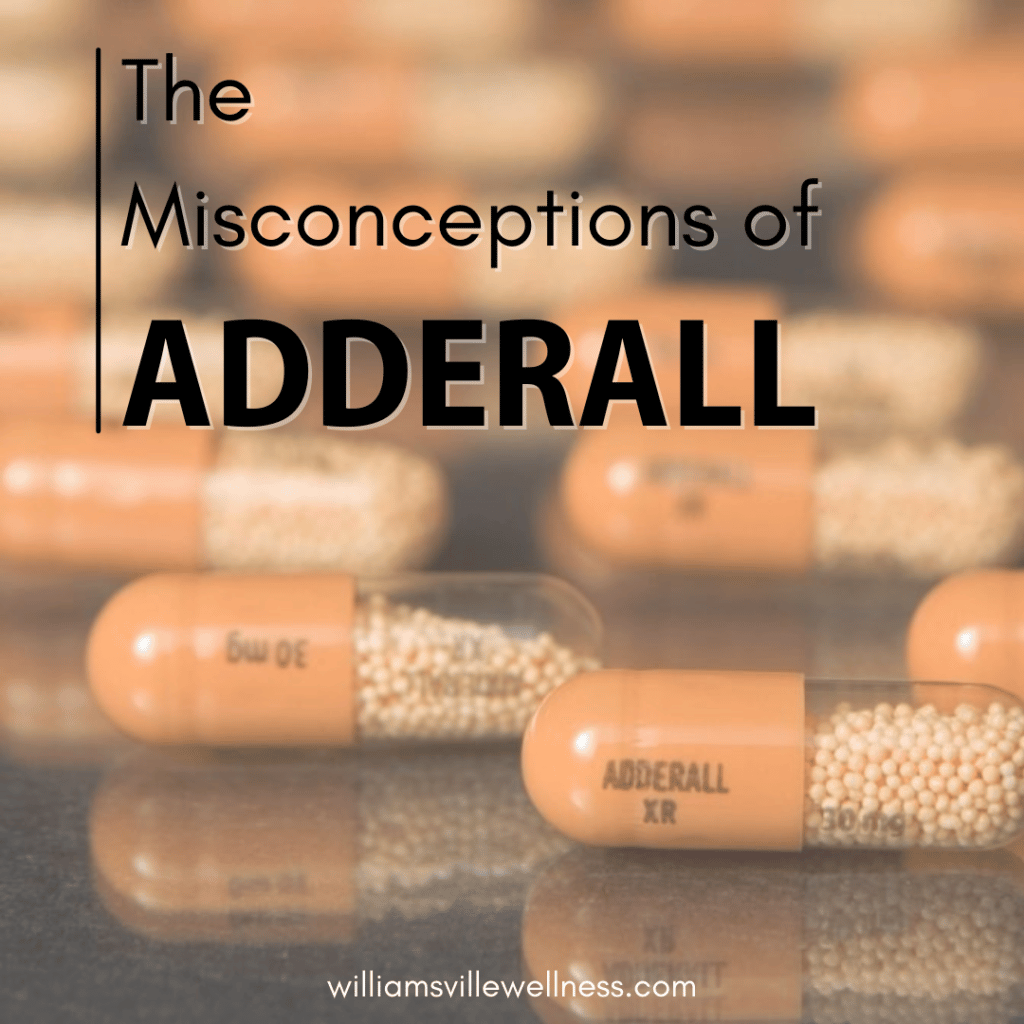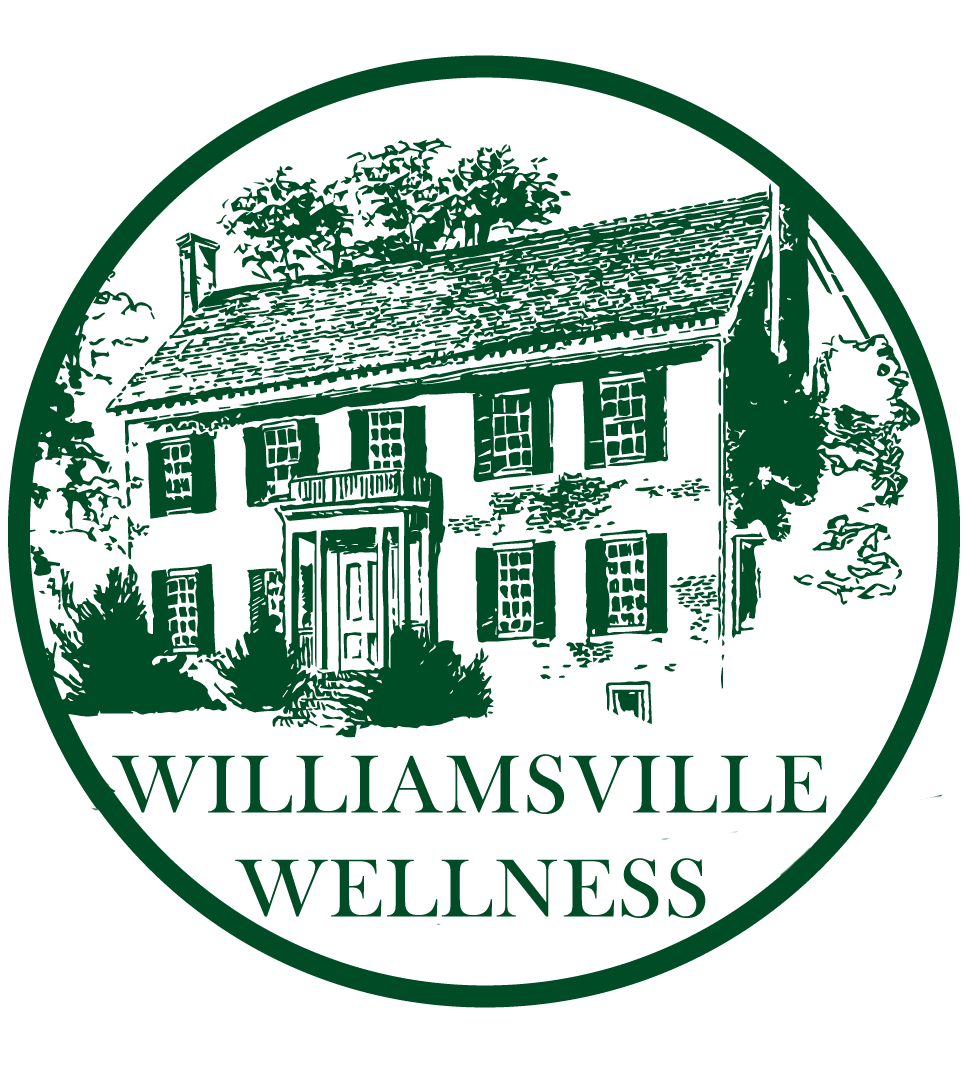Misconceptions about Adderall

Providing temporary heightened focus, Adderall is a stimulant prescribed to treat ADHD, or attention hyperactive deficit disorder. In these individuals, it helps to regain focus in an otherwise scattered world, shining a focused spotlight on an otherwise flickering outlook. However, in many instances, this drug can be abused by those without a prescription as an attention aid but can spiral into something harmful. There are numerous misconceptions about Adderall and the people that use it.
Misconception #1: Adderall makes me smarter.
In an ever-competitive world, students are making their moves to help them advance beyond the competition. Wanting to get the best SAT scores, the best final exam scores, wanting to get into the best college possible. For college students, wanting to maintain a higher GPA, final exams, staying up until all hours of the morning writing final papers – these are all factors that may make a student want to “guarantee” their best performance possible. The desire to possess an edge to make the path from the academic world to the working world is clearly there. Going without for many can be daunting. With so much on the line for the future, why wouldn’t someone want to use every advantage they have?
Well, it’s not necessarily that simple. In those without ADHD, the effects of Adderall are not heavily researched, and in many cases, the feeling of improved performance is a placebo. In a study conducted by the University of Pennsylvania, students without the need for the Adderall prescription were “significantly more likely to report that the pill had caused them to do a better job…even though their performance did not show an improvement.”
Misconception #2: Adderall is always legal.
A prescription of any kind is only legal to consume by the person the prescription is filled out to. It is illegal to distribute – for money or otherwise – prescription medication to anybody that is not the individual the prescription was filled out to, even if the other person is also prescribed the same medication. Legalities aside, consuming medication from another person is not safe. Getting a prescription from a doctor is not a ticket-granting access to an exclusive world beyond over-the-counter medication. Prescriptions are filled out considering the individual’s age, weight, and body chemistry. When someone takes another person’s prescription, these factors that determined the dosage are null. In many states, the distribution of prescription medication is considered a felony offense.
Misconception #3: I won’t get Adderall withdrawal.
Chemically, Adderall increases the production of a neurotransmitter called dopamine in your brain. Over time, the body gets used to these new dopamine levels, making it their new normal. This neurotransmitter is responsible for lots of things – concentration and focus, but also pleasure and life satisfaction. When someone who uses Adderall suddenly stops, the brain has to go through some changes to cope with the sudden decrease in dopamine. These changes in your brain often lead to changes in how you feel, both physically and emotionally. Some common symptoms of Adderall withdrawal include: depression, difficulty sleeping, fatigue, nausea, stomach problems, and vomiting. These symptoms can show up almost immediately, within the first couple of days without Adderall, and can last anywhere from a couple of days to several weeks.
Misconception #4: Adderall is always only prescribed if you need it – if a doctor gave me my prescription, I need Adderall!
Not always the case. Unfortunately, ADHD is very commonly overdiagnosed in the United States. A study reported by Harvard Health, and experts estimate that the upper limit for ADHD diagnosis in children is around 5%, drastically different from the rate of diagnosis in Virginia. In Virginia, a study was conducted observing the rate of ADHD diagnosis in white school-aged boys. In this study, it was found that the number diagnosed can be as high as 33%! This means that many people who do not need this strong stimulant are being instructed to take it and start exposure to this highly addictive drug very early on in life.
Why does this over-diagnoses exist? Don’t the doctors know that I don’t have ADHD? Well, yes and no. The upsetting thing about Adderall is that it is one of those drugs on the same level as morphine and oxycodone, yet sometimes discussed in the media and on a doctor-patient level as something as simple as over-the-counter aspirin. The name of the drug “Adderall” is literally derived from “ADD for all”; drug companies sell the idea of Adderall to doctors, selling to consumers. In many medical circles, the safe, catch-all option when treating someone with some symptoms of ADHD is to go ahead with the diagnosis and prescribe medication such as Adderall – thus making more on the market, and more in the hands of kids that may not know what to do with this little pill, or the power that this pill might have over their lives.
-Fatima Nayani
If you or someone you know is affected by Adderall addiction, we here at Williamsville Wellness are here to help.
Further Reading:
(source: https://www.health.harvard.edu/blog/is-adhd-overdiagnosed-and-overtreated-2017031611304)
(source: https://www.webmd.com/add-adhd/adderall-withdrawal#1)
(source: https://www.nytimes.com/2013/12/15/health/the-selling-of-attention-deficit-disorder.html)

